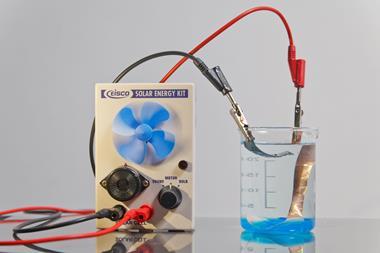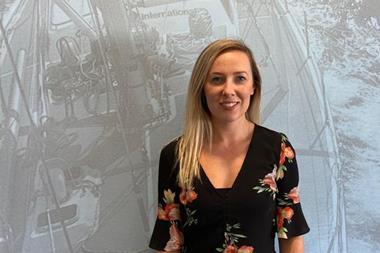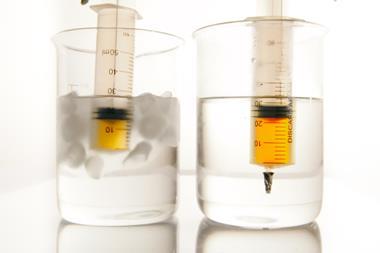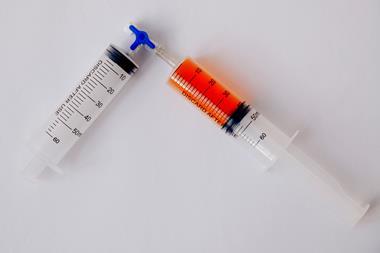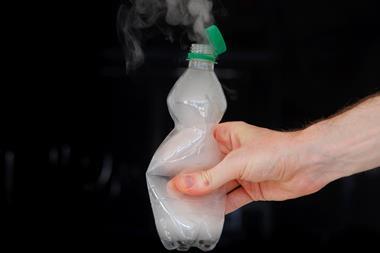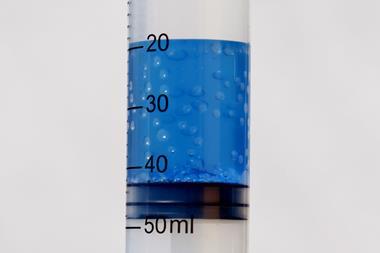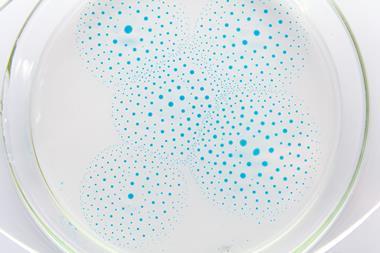-
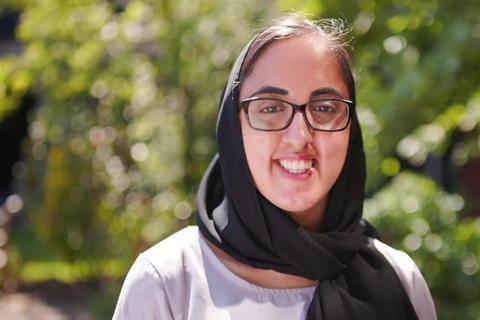
- Salary range: £25–40k
- Minimum qualifications: PhD or equivalent experience
Studied at: University of Birmingham - Skills required: One of the main skills needed for my role is project management. Another is communication skills – be it written or verbal.
- Training required: The role might require training in, for example, project management tools and methodologies and training on how to use specialist laboratory equipment or software required in research and data analysis.
- Work–life balance: Academic research roles might involve working flexible hours and working long hours and at weekends. In addition to carrying out research, many academic roles involve attending conferences, teaching lectures and writing grant applications, plus administrative work.
- Career progression: There may be the opportunity to progress to a senior role such as Head of Department.
- Locations: Find related work experience positions using our map of employers
More profiles like Zubera's
What is a research fellow?
As a research fellow in the Energy Materials group at the University of Birmingham, I explore sustainable ways to recycle electric vehicle batteries. I develop technologies to separate and purify the different materials in lithium-ion batteries in electric vehicles. Once they are in a useful form, they can be re-used in batteries or other applications. I use bacteria like apple mould to recover lithium into a commercial product, which is very different to traditional routes we’ve explored – making it very exciting research for future use.
How does your work affect the world around us?
Electric vehicles are part of the solution to cutting CO2 emissions and limiting the global temperature rise. In 2035, all new vehicles in the UK will be electric. My work helps towards supplying the materials needed to power electric vehicles. Lithium-ion batteries power electric vehicles. They contain lots of different precious raw materials which are in limited supply and are mined abroad which can sometimes be difficult to source – my research focuses on giving the UK a source of lithium from recycled materials. Right now, only about 5% of batteries are recycled.
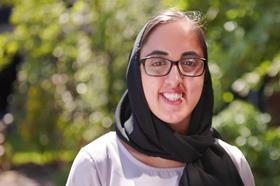
By investigating recycling and reuse of lithium-ion batteries from electric cars, I hope to provide a sustainable process to power greener, low-carbon transport. Recycling old batteries is the safest way to ensure a ready supply of new ones. There’s a bit of lithium in Cornwall, but by and large there are financial and other challenges in terms of sourcing the materials. There’s also the waste management problem as the batteries contain hazardous materials and can explode if disassembled incorrectly.
What is your typical working day?
My typical working day includes a mixture of laboratory work, meetings, presentations, attending conferences, collaborative research, writing journal papers, applying for grants and helping the Equality and Diversity committee to encourage minority groups to study STEM (science, technology, engineering and maths) subjects.
I work with researchers across the UK as part of the Faraday Institution group – a government initiative to accelerate battery research in the UK.
How were you inspired to work in chemistry?
I enjoyed studying science at school, particularly the problem solving part. After my degree in chemistry, I did a PhD which explored ways to extract lithium from a mining waste material in the UK. This helped me get into my current role looking at ways to recycle spent lithium-ion batteries to recover precious metals.
Salary range and qualifications required
- Minimum qualifications: A relevant degree followed by a PhD is required to work as a research fellow. As you will be an independent worker, the skills and experience gained during your degrees will help you.
- Starting salary range: Research fellows earn between £30–40,000 per year.
What skills do you need?
One of the main skills needed for my role is project management. Another is communication skills – be it written or verbal.
What advice would you give to a young person considering a career in chemical science?
If you enjoy solving problems and like a challenge, you’ll be well suited for a career in chemistry. Through the degree, you’ll learn skills such as attention to detail, project management and a deeper understanding of the world around you.
Want to find out more?
- Every university specialises in slightly different areas of research, I would recommend going onto their websites to find about more up-to-date information. Twitter and LinkedIn are very good resources for research updates too. University open days are a great place to meet other students and staff and to generally get a feel for the place.
- A new GUINNESS WORLD RECORDS™ title for the highest voltage from a fruit battery, with the help of Professor Saiful Islam
- Watch a profile of Haydn Francis, a battery researcher looking to progress energy storage
- Read a job profile for an academic researcher, Prospects website.
- The drive to recycle lithium-ion batteries, Chemistry World article.
- The Faraday Institution, powering Britain’s battery revolution. Find out about Faraday Institution PhD positions.
- Watch out for the Behind the Lab Specs interview series to find out more about people working in the battery sector and how they got there.
Zubera Iqbal MRSC, Faraday Institution research fellow at the University of Birmingham.
First published September 2021








